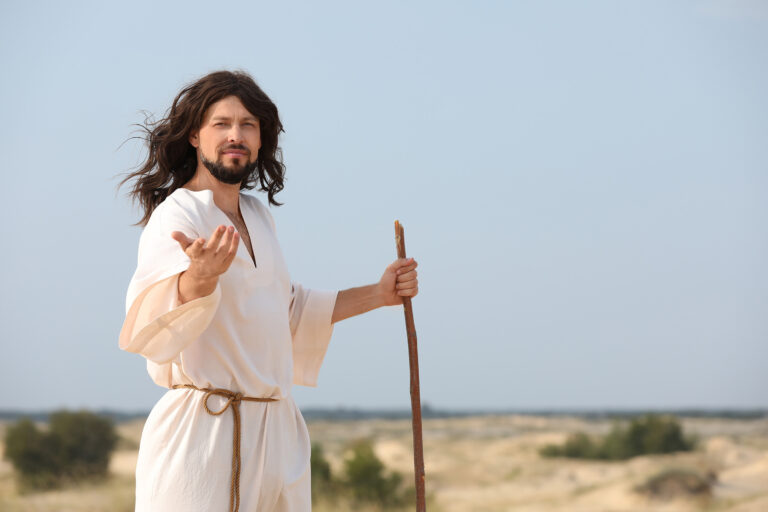If You Want to Pray, then Pray!
I worked with a pastor a few years ago who was frequently called up to counsel and pray with other pastors and church leaders. I won’t go into the reasons. In general, he was a bit impatient with talking about the problems, and just wanted to get praying. Normally he’d get a couple of the folks who worked with him to join in praying for the person, and I was often one of those.
I used to enjoy watching him, because you could tell as the conversation went on that he was getting less and less interested in hearing about the problems. Suddenly he’d break in and say, “Why don’t we just pray about it?” Now whatever you think about the balance between receiving good counsel and having someone pray for you, you can tell from his actions that this pastor was really focused on prayer. Prayer was what was important to him. When prayer is important to you you pray.
I was reminded of this as I read this post which tells about some reaction to the settlement in Odessa. Now that issue was about teaching Bible in public schools. Personally, as I have said before, I think we would be better off without specific Bible classes in public schools largely because of the difficulty with prescribing a good curriculum and finding qualified teachers. I think the Bible belongs in public schools, but it should come up appropriately in literature, social studies, history, and even music classes. But it is constitutional to have a Bible class.
Yet when we get into court things get tangled. That’s because the NCBCPS curriculum that many schools are using is not very good and is quite sectarian (read a report by a professor at Perkins School of Theology). It’s interdenominational only in the sense that a number of very conservative denominations would find it acceptable. It doesn’t deal with a broad range of academic issues, and certainly doesn’t handle interfaith issues properly.
Now if you really wanted to teach a Bible class, it would likely be easier to find or design a curriculum that would pass constitutional muster (there already is one that’s quite good). Then you go ahead and have your Bible class. People like me can object and suggest this is better done at home and at one’s place of worship as part of religious education, but there’s really nothing I can do to stop it.
On the other hand if you want to make trouble, and get publicity waging some kind of culture war, well, you choose a curriculum that is likely to be challenged, and you use that.
Similarly with prayer in public schools, if you want your children to pray, they can. There are a number of legal ways to do this, while not disrupting the classroom. You can’t have government mandated prayers, or prayers led by school officials. But if you want to pray, you can quite easily work it out and go ahead and pray. One key element here would be teaching your children to pray so that they could do so without needing an adult to make it happen.
On the other hand if you want to fuss about praying, and try to make points in the culture war, you find a place where you can’t pray, and you do it there. On the other hand, administrators who would like to make points might just order you not to pray, or not to include religious references in art, or might try to make a music teacher eliminate sacred music from the repertoire. In that case they are making trouble instead of doing their job. Of course, in many cases it’s just ignorance, but the law is not that hard to follow. You can get pamphlets that will cover easily more than 90% of the questions that might arise.
I’m beginning to believe more and more that the vast majority of these cases arise from a combination of stupidity and the desire to fight, and not from the desire to pray or study the Bible.

Good points here…there really isn’t a place where we can’t pray.
I suspect that the desire to feel persecuted is a factor, too.
Too true. There are those who feel it isn’t really properly spiritual unless someone is mad at you about it.